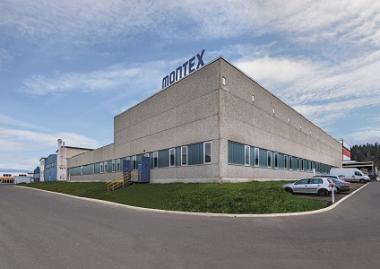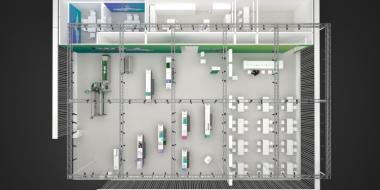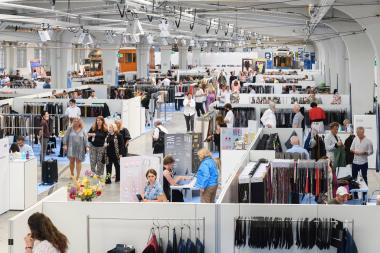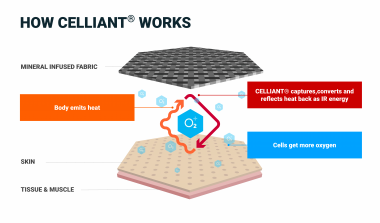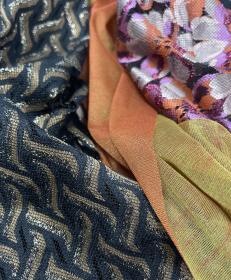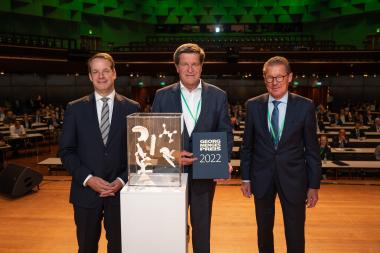Carbios hosts PET Biorecycling Summit
- Scientific researchers from 10 countries, including North America, UK, Japan and Germany
- Bertrand Piccard, Solar Impulse Foundation, as Keynote Speaker
- Speakers from strategic partnerships: L’Oréal, Salomon, and McKinsey
Carbios hosted the first PET Biorecycling Summit from 7 to 8 December 2022 in Paris. The event attracted over 100 international participants from the scientific, academic, and industrial worlds to exchange on the advances in the field of biological recycling, and how to bring these innovations for a circular economy to market.
The two-day conference gathered scientists from various academic institutions to share their latest research on PET enzymatic depolymerization. Bertrand Piccard, Initiator and Chairman of the Solar Impulse Foundation[1], joined as the Keynote Speaker for the last session focused on PET circularity, and praised Carbios’ contribution to reducing plastic pollution. The Summit concluded with a visit of Carbios’ demonstration plant in Clermont-Ferrand. The demonstration plant was inaugurated in September 2021 and brings Carbios’ technology one step closer to industrialization. Following the demonstration plant’s success, Carbios is on track to build and operate the world’s first industrial-scale enzymatic PET recycling plant (with a processing capacity of 50.000 tons of PET waste per year) in France (Longlaville) by 2025[2], and to start licensing its technology throughout the world.
[1] To address sustainability challenges while enabling economic growth, Bertrand Piccard and the Solar Impulse Foundation have identified 1000+ clean and profitable solutions. More details available on the official website.
[2] Cf. Press release dated 23 February 2022.
Carbios












